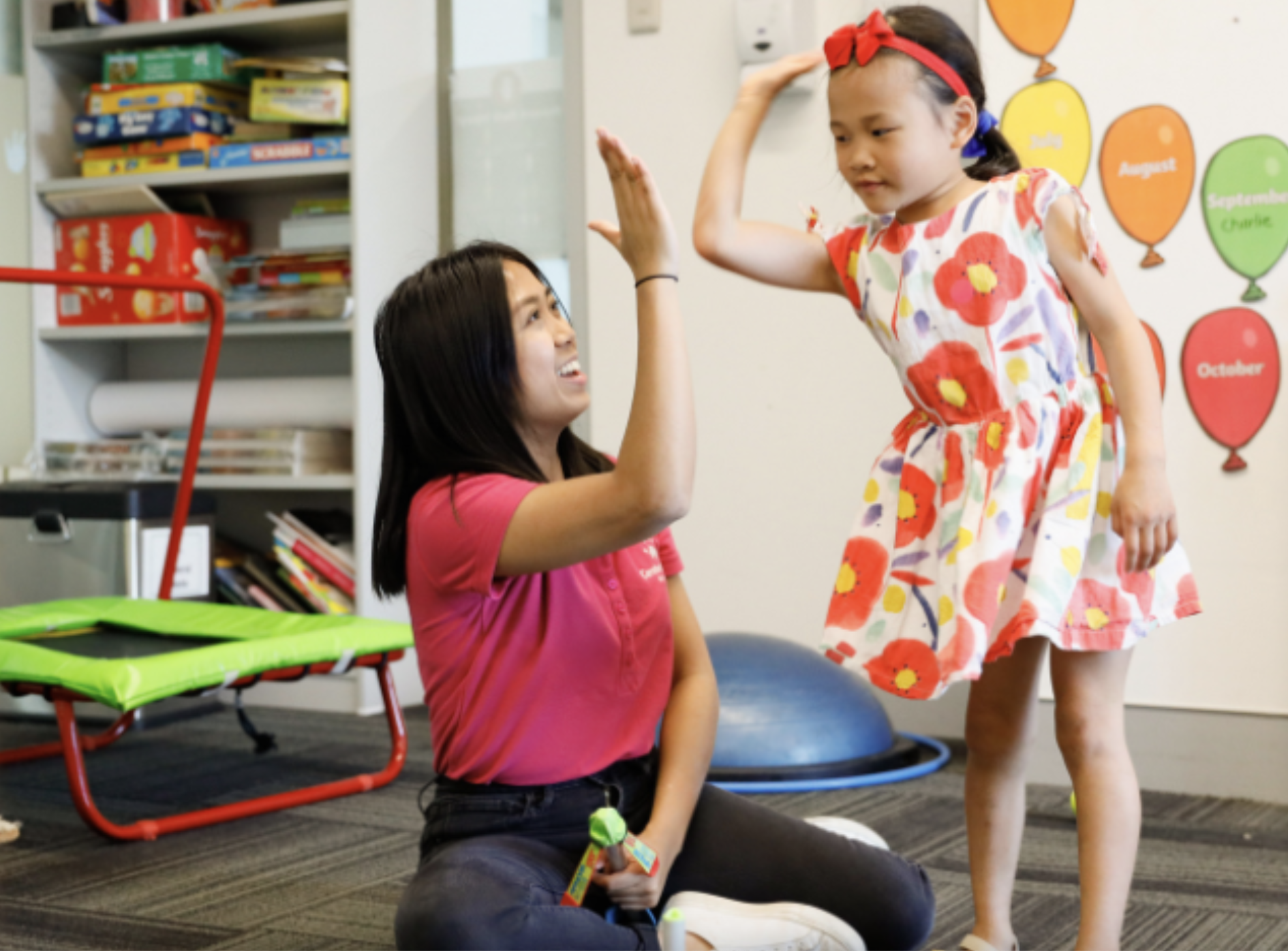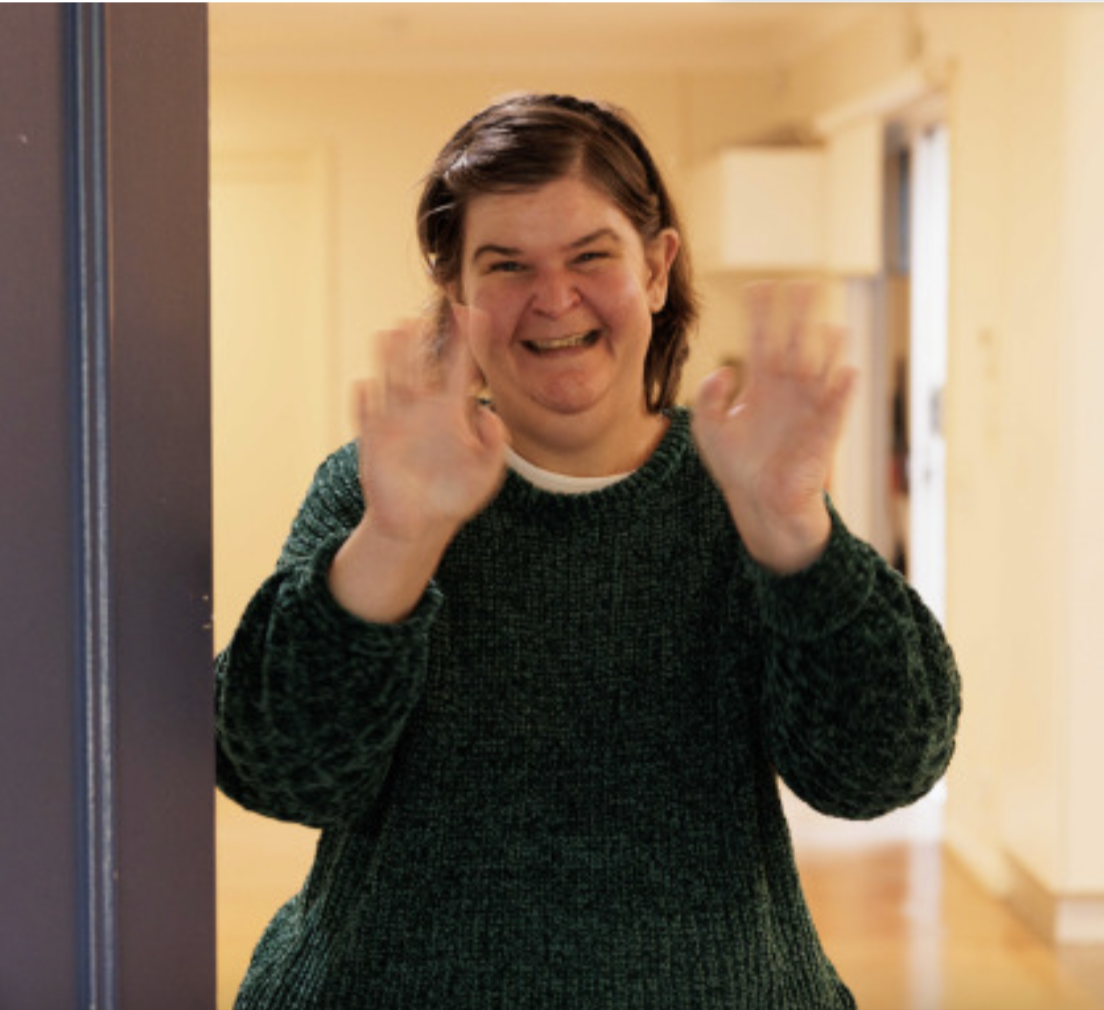The Story
When the Cerebral Palsy Alliance (CPA) approached us in late 2020, they wanted something revolutionary: a data platform that would unlock the future of cerebral palsy research for scientists around the world built around digging deep into the genome. The challenge was daunting, nothing like this had ever been accomplished before –and there had been several false starts. Our team jumped into the project head first.
The opportunity to do good at scale was clear. Gene research had emerged as a critical path to curing Cerebral Palsy. Because of this, if global service providers and researchers could share their findings in one centralised location, progress against cerebral palsy would be super-charged. And future research would also be super-charged, because the data would be available for the application of new Artificial Intelligence and Machine Learning analysis.
To deliver on this promise, CPA knew it had to go well beyond simply facilitating access to global genomic datasets on this disease. Our team was tasked to achieve several additional outcomes:
- Enable researchers and medical professionals to more easily gather insights and data, as well as share their own findings.
- Speed up the discovery process.
- Promote fast communication and global collaboration on genetic findings.




